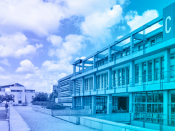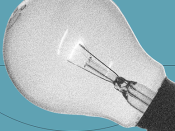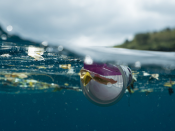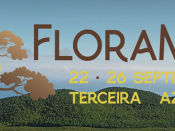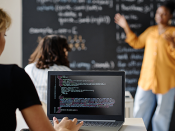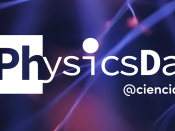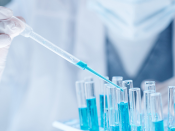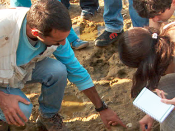Por Andrew Fingelkurts (BM-Science - Brain and Mind Technologies Research Centre, Espoo, Finland).
I will introduce a neurophysiological three-dimensional construct model of the complex experiential Selfhood, which is based on the EEG operational synchrony analysis. This triad model of Selfhood has been put forward to account for the phenomenological distinctions between three major aspects of Selfhood, namely (i) first-person phenomenal agency, (ii) embodiment & related emotional states, and (iii) reflection/narration, all of which are commensurate with one another and thus reflect the multi-faceted nature of self-awareness. Together these three aspects form a unified sense of self. Further, I will present a summary of the empirical findings that illustrate the dynamics of such Selfhood triad during various normal, altered and pathological states or conditions.
Bio: Dr. Andrew A. Fingelkurts and his identical twin brother Dr. Alexander A. Fingelkurts have careers of more than 30 years in academic neuroscience, psychophysiology and clinical research, with a considerable number of publications in scientific journals, book chapters and conference proceedings, as well as a lecturing practice in the areas of neuroscience and applied psychophysiology. Their areas of expertise include neuroinformatics, quantitative EEG diagnostics, advanced methods of EEG/MEG analysis, cognition, consciousness, Self-awareness and meditation. Based on their studies they have established an empirical basis for and proposed a general theory of brain-mind Operational Architectonics (OA), according to which the simplest mental/cognitive operations (responsible for qualia or simple computations) are presented in the brain in the form of local 3D fields produced by local transient functional neuronal assemblies, while complex operations (responsible for complex objects, images or thoughts) are brought into existence by joint simple operations (temporal coupling of local 3D fields by means of operational synchrony) in the form of so-called operational modules (OM) of varied complexity. Therefore, brain OA is presented as a highly structured and dynamic extracellular electric field nested in spatial and temporal domains and over a range of frequencies, thus forming a particular operational space–time (OST) that is isomorphic to a phenomenal (subjective) space-time (PST). They recently have developed the neurophysiological three-dimensional construct model of the complex experiential Selfhood within the OA framework. This triad model of Selfhood captures the phenomenological distinctions between three central aspects of Selfhood that are commensurate with one another: (i) phenomenal first-person agency (referred to as ‘Self’), (ii) embodiment (referred to as ‘Me’), and (iii) reflection/narration (referred to as ‘I’). The interaction of these three phenomenological elements produces a holistic sense of Selfhood.
Transmissão via Zoom.


